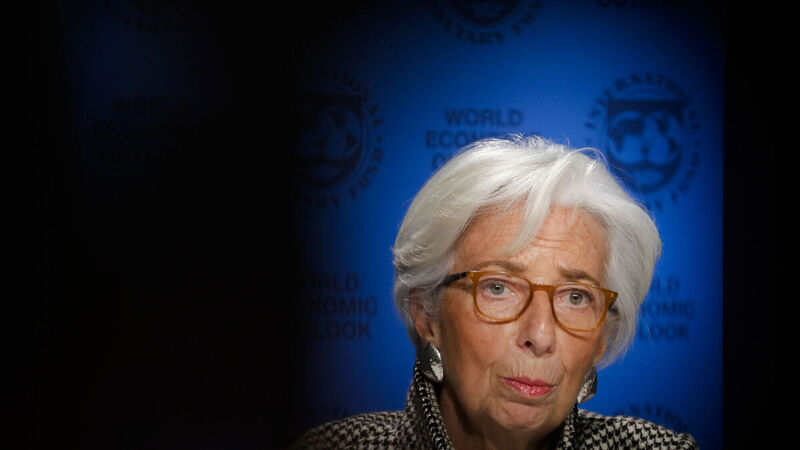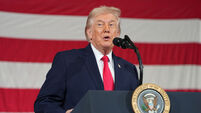Eurozone inflation to show fresh record high level this week

European Central Bank president Christine Lagarde.
The eurozone’s inflation reading for February, which is due on Wednesday, is set to show yet another record number; with economists predicting the rate hit 5.4%.
Price pressures are set to continue with Russia’s invasion of Ukraine having sent oil prices above $100 a barrel for the first time since 2014, threatening an economy that’s also suffering from supply shortages and lingering pandemic curbs.













